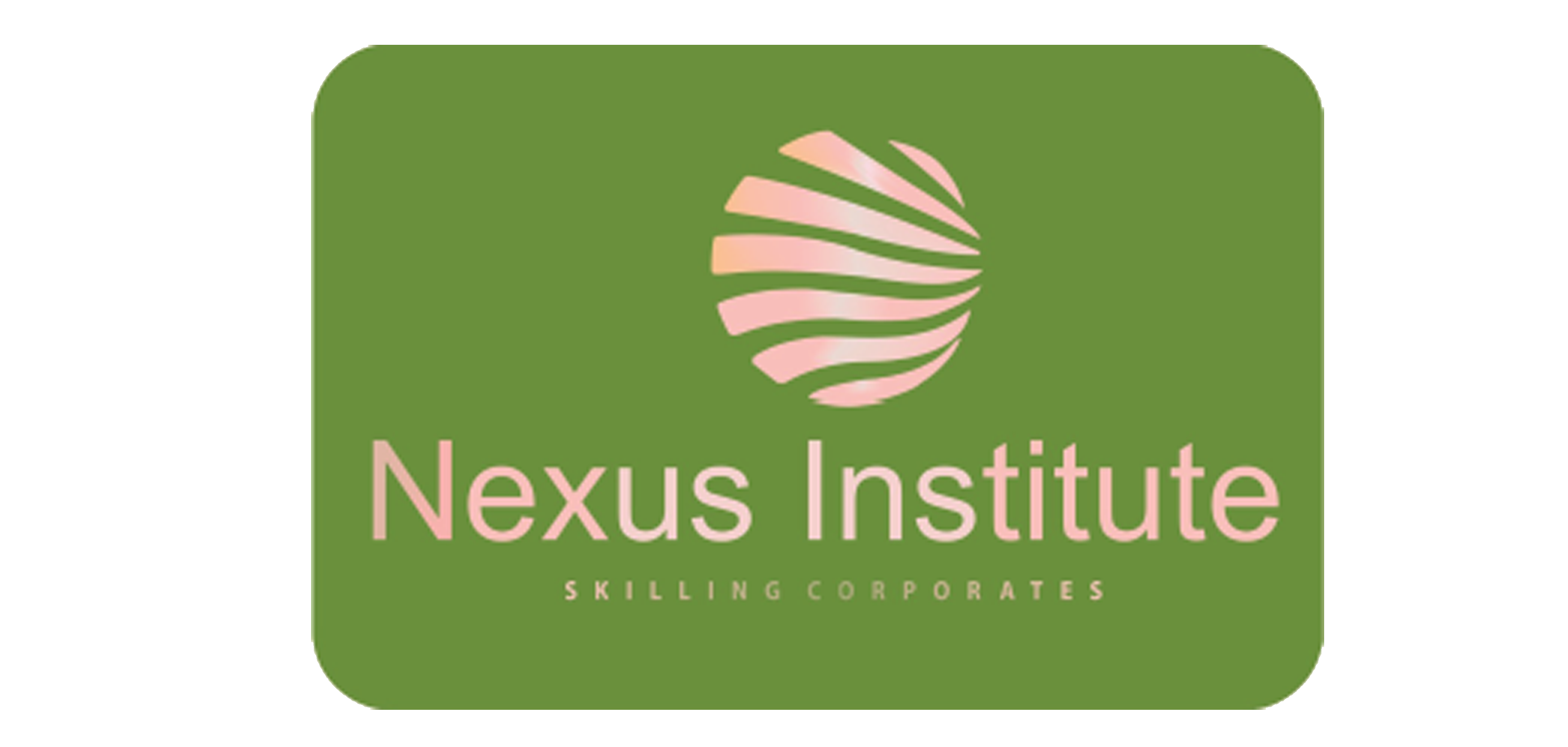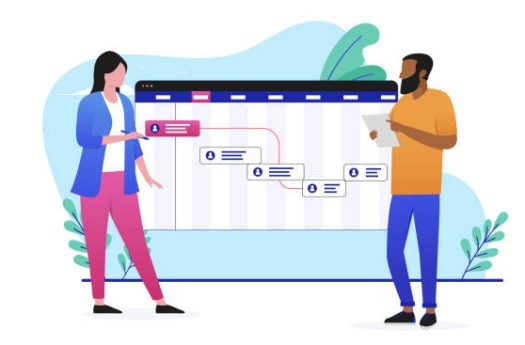Course Overview
No organization is completely self-sufficient, at one moment or another it will require goods, services or works to be delivered and/or partnerships to take place in order for it to keep functioning correctly. The procurement function helps in obtaining the value that an organization requires for its optimal operation.
This procurement management training aims to enhance performance and efficiency by increasing the knowledge and skills of organization staff in managing the procurement function. Participants will understand the elements of procurement within the wider discipline of supply chain management.
Target Participants
Procurement management training is ideal for procurement staff, project managers, finance staff, operational staff, government officials and any other professionals who want to build their skills in procurement management.
Course Duration
Facility-based 5 Days
Course ObjectivesBy the end of this course the participants will be able to:
- Define the terms purchasing and procurement management
- Understand the procurement processes
- Understand the role of procurement within an organization
- Know the relationship between procurement and supply chain management
- Describe the key principles of procurement
- Describe the drivers of change and future trends of procurement management
Course Outline
Introduction to Procurement
- Definition and basics of procurement
- Principles of Procurement
- Importance of procurement
- Identifying procurement categories
- Objectives of effective procurement
- The procurement cycle
- Procurement as part of the supply chain
Procurement Planning
- What is a procurement plan?
- Benefits of procurement planning
- Types of procurement plans
- Factors to consider in procurement planning
- Developing a procurement plan
- Monitoring and evaluating your procurement plan
Strategic Procurement
- What is strategic procurement?
- Tools of strategic procurement
- Key areas of strategic management
- How to implement strategic procurement
- Steps of the strategic procurement process
Tendering Process
- Types of tenders
- Writing the specification
- Prequalification
- Issuance of tender documents
- Receipt, review and award of tenders
Contract Management in Procurement
- Developing a contract management plan
- Best practices in contract management
- Contract drafting and clause negotiation
- Contract monitoring and evaluation
- Contract close-out and continuous improvement
Cost Management in Procurement
- Procurement costs
- Meaning of cost management
- Importance of cost management
- Strategies of cost management
- Measuring cost savings in Procurement
E-Procurement
- Definition of E-procurement
- Benefits of E-procurement
- Types of E-procurement
- The E-procurement process
- Tools of E-procurement
Risk Management in Procurement
- What is procurement risk?
- Sources of Procurement risks
- Types of procurement risks
- Risk management strategies
Performance Management in Procurement
- What is procurement performance management?
- Benefits of procurement performance management
- Key performance indicators in procurement
- The steps of procurement performance management
- Principles of procurement performance management
Ethics and Conflicts in Procurement
- What are the ethical issues in procurement?
- What are the conflicts in procurement?
- Dealing with conflicts of interest.
- Importance of ethics in procurement
- Impact of ethics and sustainability in procurement
Training Approach
Our procurement management training is delivered by our seasoned trainers who have vast experience as expert professionals in procurement management. The course is taught through a mix of practical activities, presentations, group works and case studies. Training manuals and additional reference materials are provided to the participants.
Certification
Upon successful completion of this procurement management training, participants will be issued a certificate.
Tailor-Made Course
We can also do this as a tailor-made course to meet organization-wide training needs. A training needs assessment will be done on the training participants to collect data on the existing skills, knowledge gaps, training expectations and tailor-made needs.


